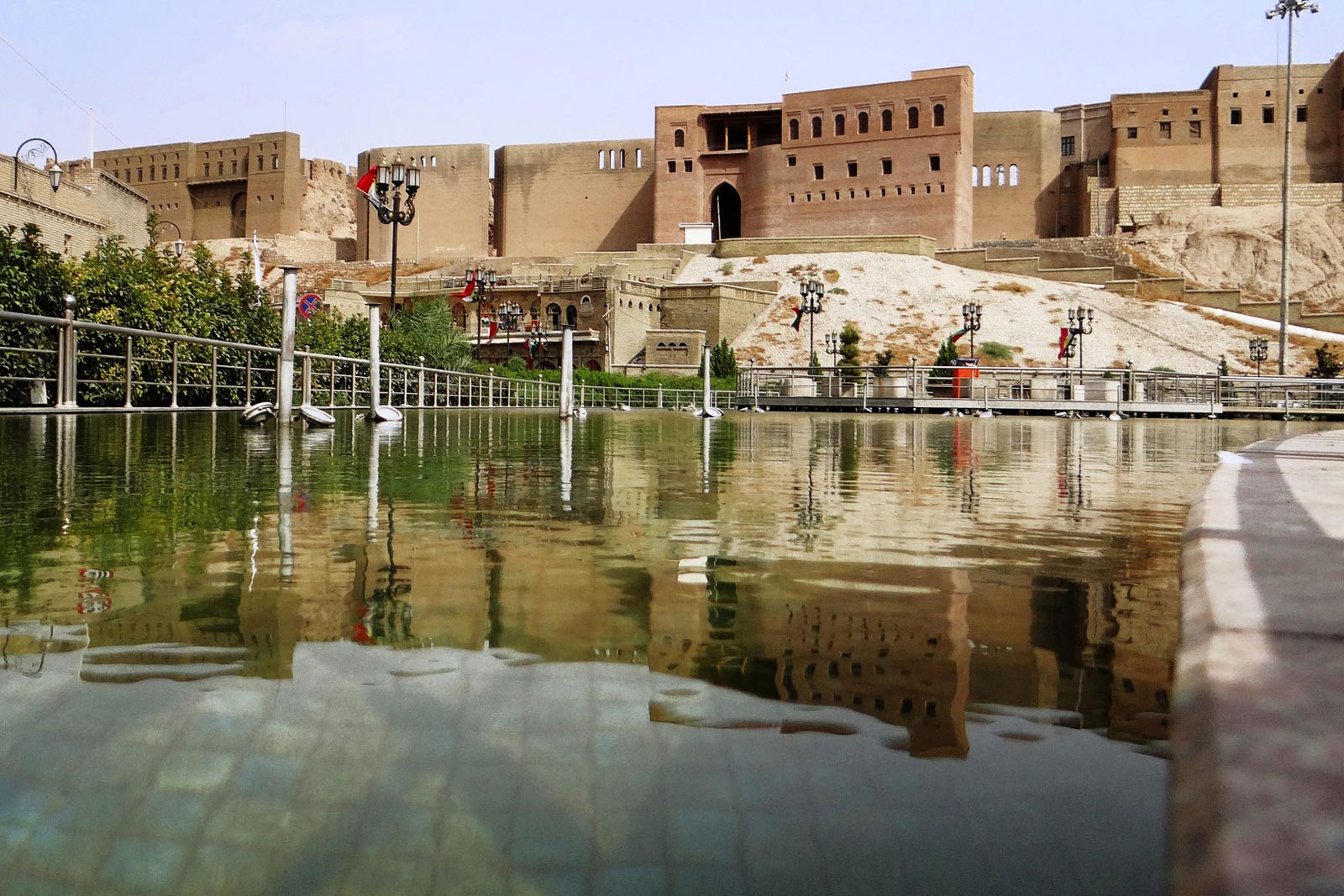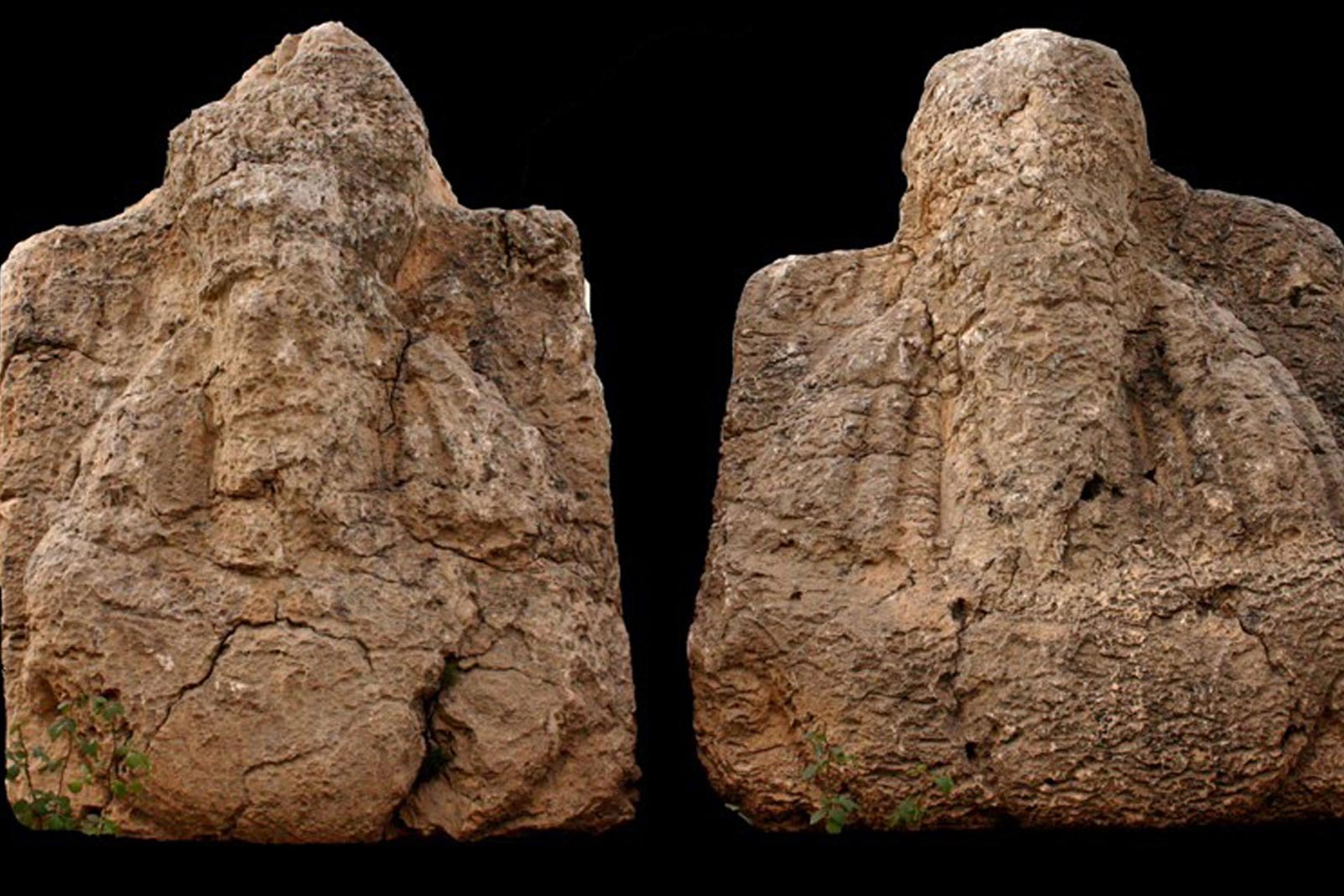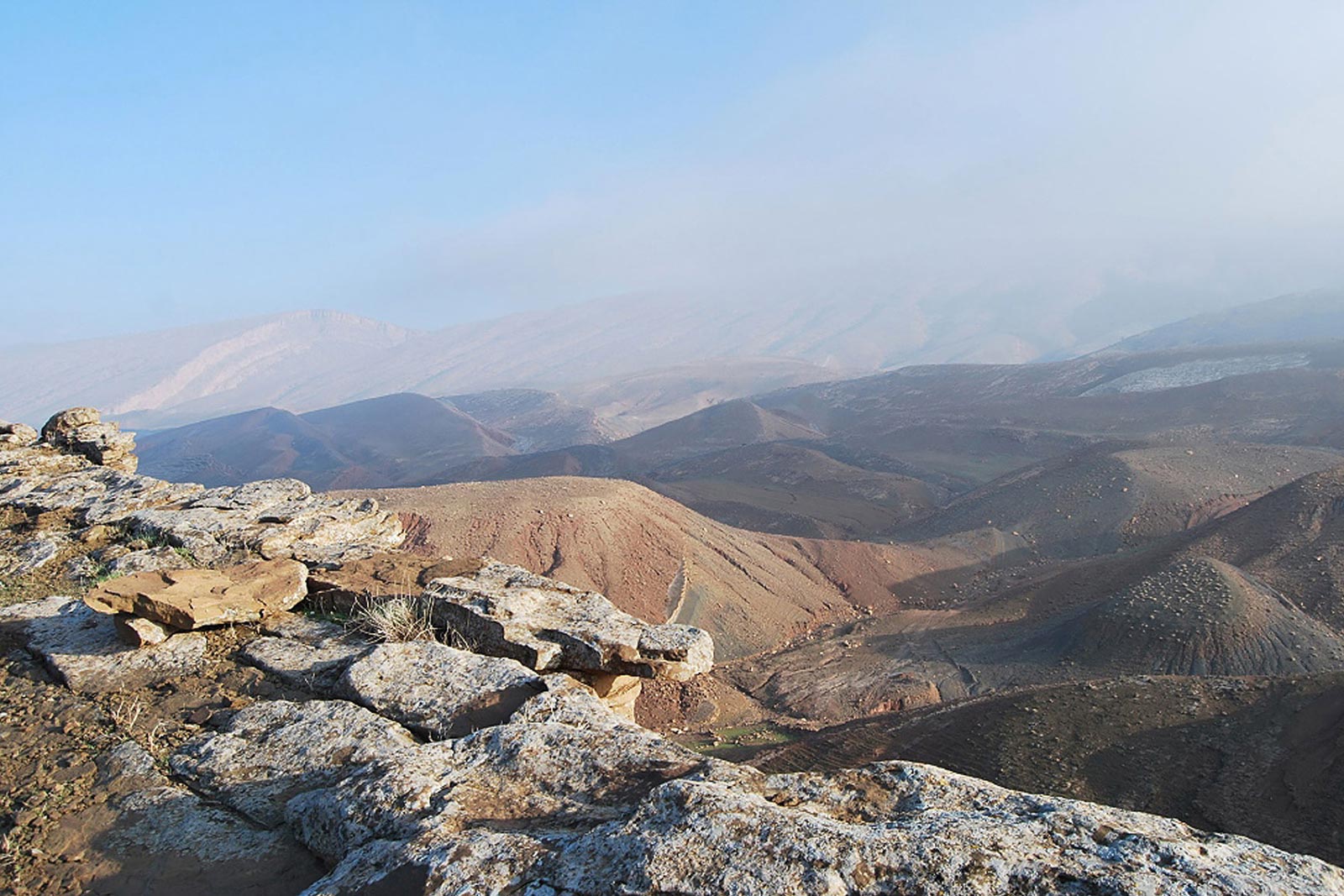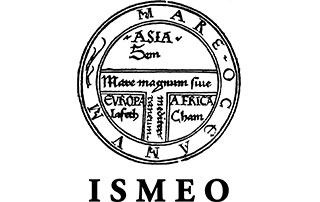
THE ITALIAN ARCHAEOLOGICAL MISSION IN IRAQI KURDISTAN
The Italian Archaeological Mission in Iraqi Kurdistan (MAIKI) of the Department of Ancient World Studies (DiSA) of Sapienza University of Rome aims to study the archaeological, historical, linguistic and cultural development of the Kurdish region in historical times. MAIKI is framed in a wider project of DiSA that investigates patterns of socio-cultural continuity and change in times of crisis of the Iranian empires and at the rise of the Islamic power.
Over time, MAIKI has established significant collaborations with the Italian Ministry of Foreign Affairs and International Cooperation (MAECI), carrying out since 2006 research activities aimed at safeguarding and enhancing the cultural heritage in Iraqi Kurdistan and training local personnel. These have resulted in fruitful synergies with the High Commission for Erbil Citadel Revitalization (HCECR), the Directorate General of Antiquities of the Kurdistan Regional Government (KRG), the Departments of Antiquities of Erbil, Sulaymaniyah, Duhok and Garmian and three important museums in the region (the Slemani Museum, the Erbil Civilization Museum and the Duhok National Museum).
MAIKI’s research activities are centred on two of the most significant archaeological sites in the region: the Erbil Citadel and the Sasanian Monument of Paikuli. In Erbil Citadel, MAIKI focuses on the study of the archaeological stratigraphy, carrying out geophysical prospecting and analysing archaeological material from the excavations conducted by HCECR.
In the area Paikuli area, MAIKI pursues the study of the Sassanid monument of Narseh, its bilingual inscription and surrounding area. Since 2018, this project joined the Sapienza “Grandi Scavi” program; this allowed the resumption of archaeological investigations on the site and the achievement of significant results in documenting the monument and its finds. The drafting of the archaeological map of the area is flanked by a topographic study of the territory and ethnographic researches.
All MAIKI’s activities are carried out in close synergy with the Kurdish institutions with the active participation of local archaeologists and officials, and Sapienza students.
MAIKI is supported by the Directorate General for Cultural and Economic Promotion and Innovation of the MAECI, the Italian Embassy in Baghdad and the Italian Consulate in Erbil.
The territory
Activities
MAIKI Paikuli Project
The Paikuli Monument and its inscription
The Paikuli monument stands on the western slope of the Zagros Mountain, close to one of the passes that cross this mountainous reliefs and midway between Sulaymaniyah, present day provincial capital, and Qasr-eShirin, the important archaeological site in Iran.
















